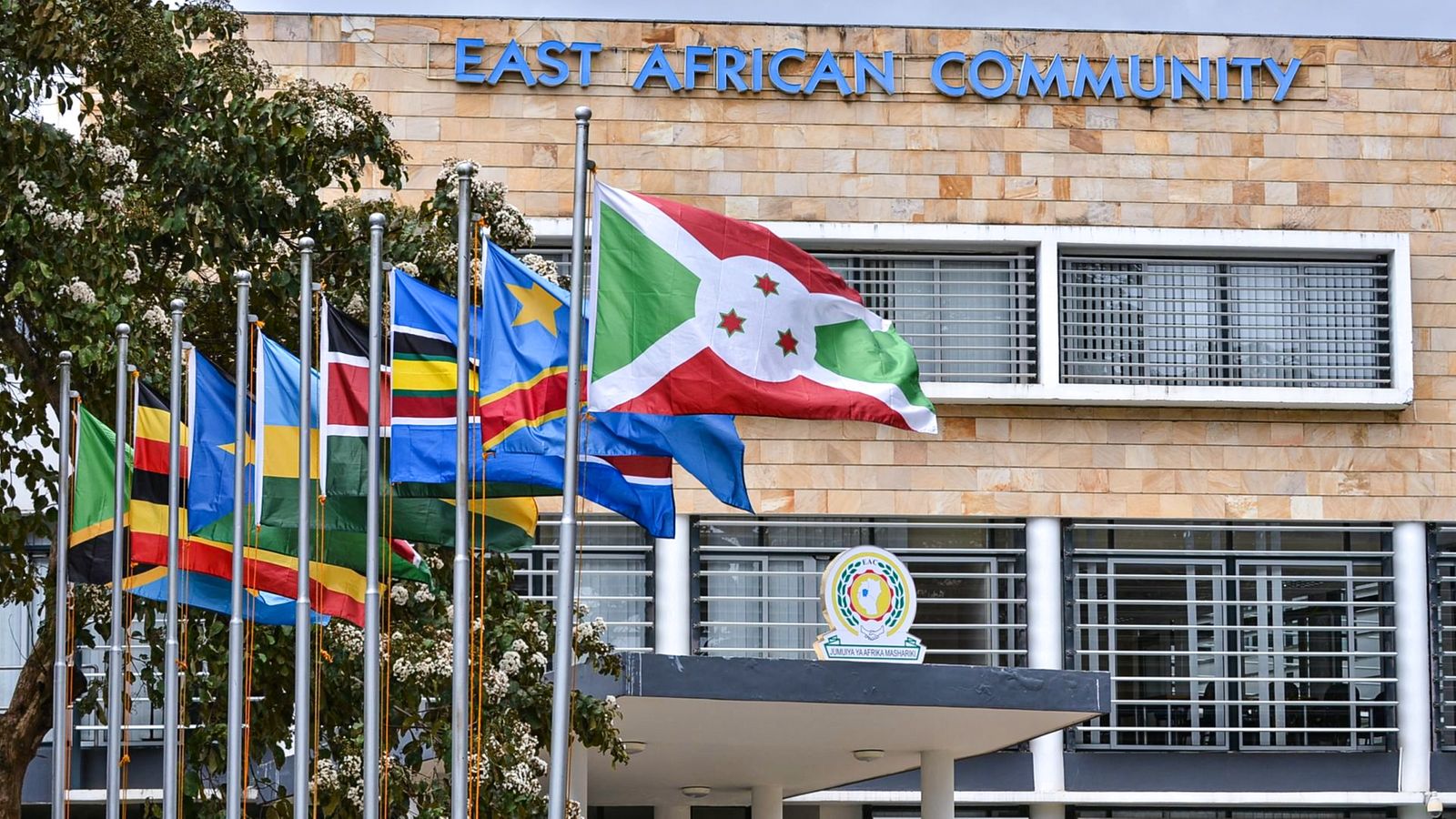The East African Community (EAC) is making significant strides in enhancing regional digital payments through the development of a comprehensive Payment Systems Masterplan. This initiative aims to create a more integrated and efficient payment ecosystem across its member states, addressing existing challenges and leveraging the region’s growing digital economy.
Overview of the EAC Payment Systems Masterplan:
Launched on January 30, 2025, the EAC Payment Systems Masterplan is designed to harmonize legal, regulatory, and oversight frameworks to facilitate cross-border payments. The Deputy Secretary General of the EAC, Ms. Annette Ssemuwemba, emphasized that this masterplan is a pivotal step towards making cross-border payments faster, safer, cheaper, and more transparent. Currently, cross-border transactions in the EAC are costly, averaging around 7% of the transaction value, significantly higher than the global target of 1% for retail payments and 3% for remittances.
Challenges in the Current Payment Landscape:
Despite the rapid growth in digital payments within the EAC—especially mobile money transactions—several challenges persist. These include:
•High Transaction Costs: The costs associated with cross-border payments remain prohibitively high for many users.
•Limited Interoperability: There is a lack of seamless integration between different payment systems across member states.
•Regulatory Disparities: Variations in national regulations hinder uniform enforcement of cross-border payment laws, creating legal gaps that complicate transactions.
The absence of an enforceable regional payments law further exacerbates these issues. While some member states have enacted legislation to align with EAC commitments, others lag behind, creating inconsistencies that undermine regional integration efforts.
Strategic Initiatives within the Masterplan:
To tackle these challenges head-on, the EAC Payment Systems Masterplan outlines several strategic initiatives:
1.Mutual Recognition Framework: This framework will allow Payment Service Providers (PSPs) to operate across borders without facing unnecessary regulatory barriers.
2.Harmonized Regulatory Framework: A unified set of regulations for mobile money and e-wallet transactions will be established to promote interoperability and security.
3.Infrastructure Development: The masterplan will identify infrastructure needs necessary for enabling instant cross-border payments that are accessible, speedy, cost-effective, transparent, and secure.
Additionally, principles for currency acceptability and convertibility will be introduced to address currency-related challenges and improve pricing mechanisms for cross-border transactions.
Benefits of Enhanced Digital Payments:
The successful implementation of the EAC Payment Systems Masterplan is expected to yield numerous benefits for both businesses and consumers in the region:
•Lower Transfer Costs: By integrating national payment systems and enabling instant transactions, users will experience reduced costs associated with cross-border transfers.
•Greater Financial Inclusion: Enhanced digital payment systems will facilitate access to financial services for small traders and vulnerable communities, thereby promoting economic empowerment.
•Increased Trade Opportunities: Seamless transactions across borders will enhance trade opportunities for businesses, particularly small and medium enterprises (SMEs) that rely on efficient payment systems.
The Role of Stakeholders:
The development of this masterplan has involved collaboration among various stakeholders including central banks from EAC member states, development partners such as GIZ and Trade Mark Africa (TMA), and international organizations like the World Bank. This collaborative approach is essential for validating the draft masterplan and consolidating views on priority initiatives that will drive forward the region’s digital payment agenda.
Conclusion:
The EAC’s commitment to advancing a regional Payment Systems Masterplan represents a significant step towards enhancing digital payments in East Africa. By addressing existing challenges through harmonization of regulations and infrastructure development, the EAC aims to create a more integrated financial ecosystem that not only facilitates trade but also fosters economic growth across its member states. As digital payments continue to evolve in the region, this masterplan could serve as a model for other regions looking to enhance their payment systems and promote economic integration.

